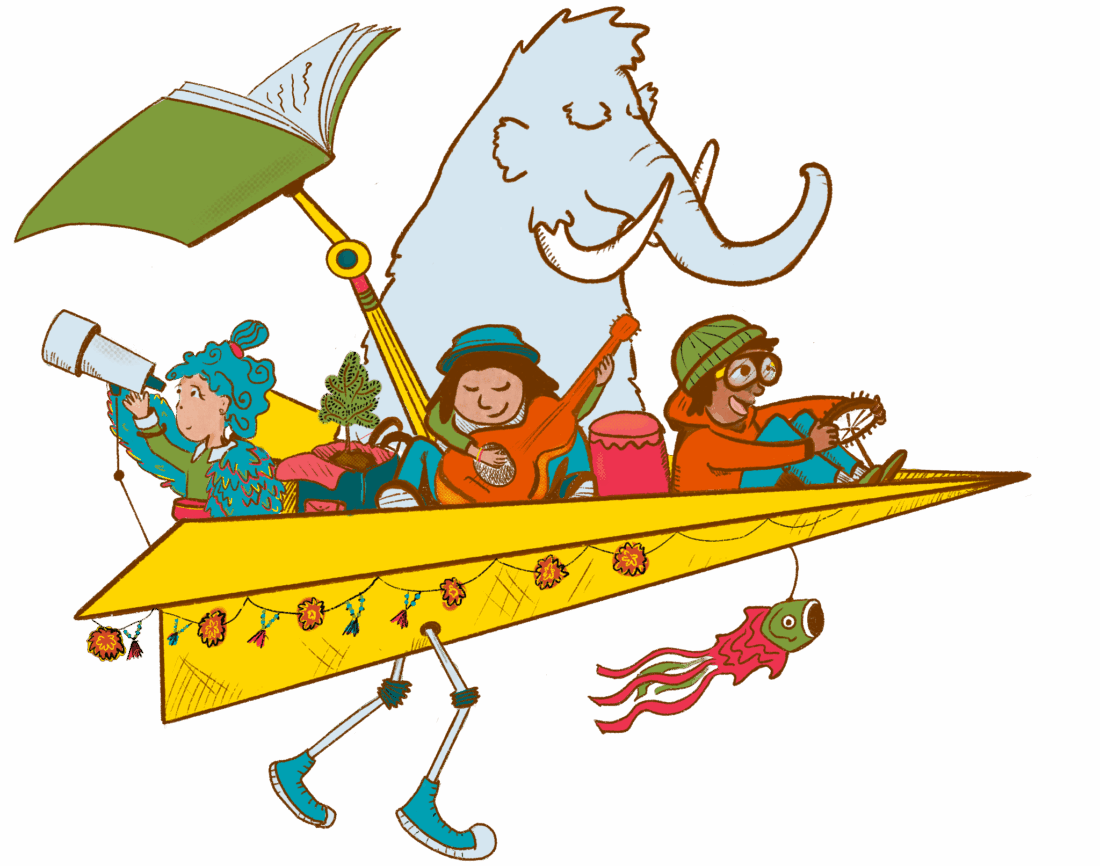What is Cultural Education?
Cultural education, in this program, refers to a multifaceted approach to K-12 learning where students gain knowledge in the areas of arts, science + technology, heritage, and historic preservation through meaningful community connections with non-profits, museums, cultural centers, local educators, and culture bearers.
Cultural education relies on partnerships that align with and enhance formal curriculum to support students' social-emotional and academic growth while affirming student and community strengths and identities.
Cultural education can occur in formal settings, such as schools, as well as through experiences with community-based cultural partners, agencies, and individuals in diverse learning spaces, during and beyond the school day.
Cultural education takes shape in numerous forms, from field trips to in-school workshops and residencies, assemblies, performances, and expanded learning programs. These community relationships help create a collaborative learning environment, where students are empowered to participate in interactive cultural expressions and inquiries connected to their everyday lives and to the broader cultural landscape.

